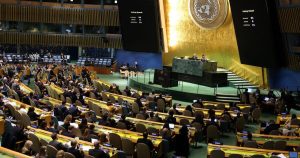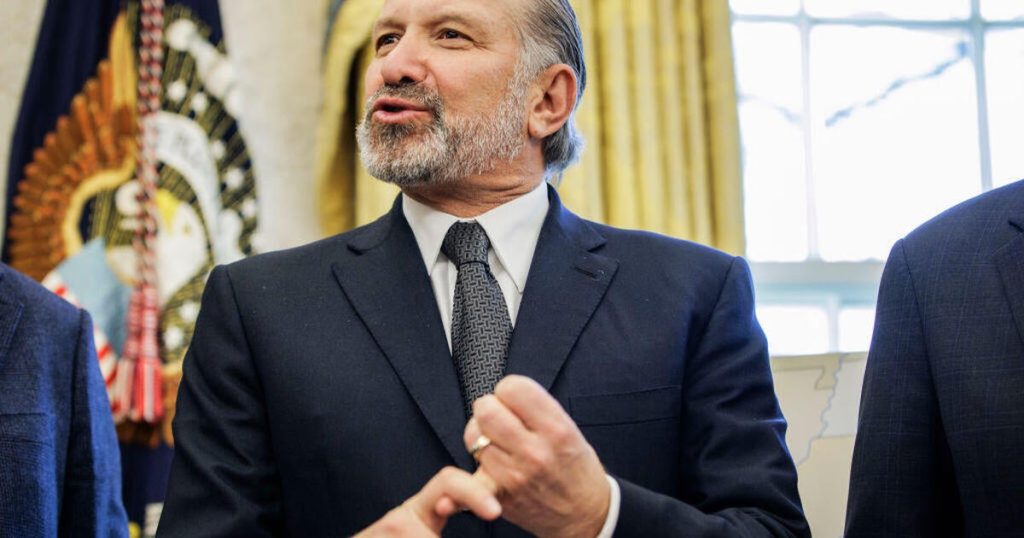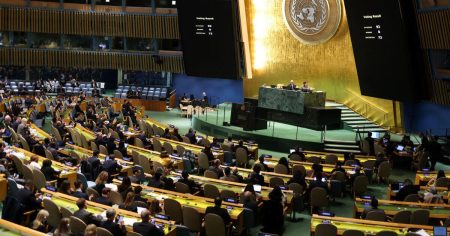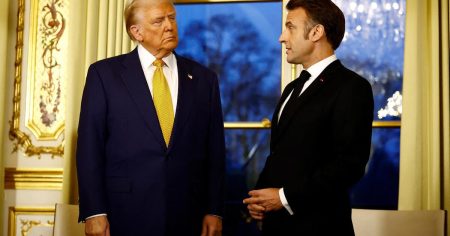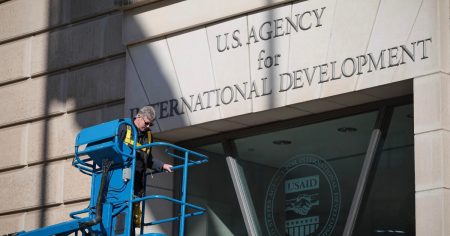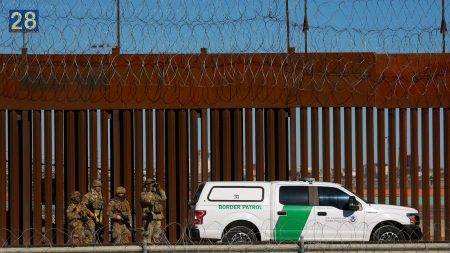Howard Lutnick: A Leader Shaped by Adversity and Vision
A New Era at the Commerce Department
In a significant move that underscores President Trump’s commitment to reshaping U.S. trade policy, the Senate confirmed Howard Lutnick as the new Commerce Secretary. Lutnick, a financier with a reputation for resilience and strategic foresight, is set to play a pivotal role in advancing the administration’s aggressive trade agenda. His confirmation comes at a time when the country is navigating a complex economic landscape, marked by rising tensions with trading partners and a growing debate over the impact of tariffs.
Lutnick’s background is as compelling as it is relevant. As the former CEO of Cantor Fitzgerald, he led the company through one of its darkest hours following the tragic loss of 658 employees, including his own brother, in the September 11 attacks. His leadership during that period was defined by not only rebuilding the firm but also by a deep commitment to honoring the memories of those lost. Today, as he steps into his new role, Lutnick brings a unique blend of financial acumen and personal resilience to the Commerce Department.
A Staunch Supporter of Trump’s Trade Policies
President Trump’s trade policies have been a subject of both praise and criticism, and Howard Lutnick stands firmly in support of the administration’s approach. The Senate voted 51-45 in favor of his confirmation, reflecting the divisive nature of the policies he is now tasked with implementing. At the heart of Trump’s trade strategy is the use of tariffs, which the president views as a multifaceted tool to achieve various economic and political objectives.
Lutnick has echoed this sentiment, dismissing concerns that tariffs contribute to inflation as “nonsense.” During his confirmation hearing, he expressed support for imposing across-the-board tariffs on a country-by-country basis, aimed at pressuring other nations to reduce their trade barriers. This approach aligns with Trump’s vision of using tariffs to not only protect U.S. industries but also to generate revenue for tax cuts and to influence geopolitical dynamics.
The Broader Implications of Trump’s Tariff Strategy
President Trump’s tariff strategy represents a significant departure from the norms that have governed global trade for decades. Since the 1960s, tariff rates have largely been the result of multilateral negotiations involving numerous countries. Trump, however, has taken a more unilateral approach, effectively commandeering the process to advance U.S. interests.
The president’s recent announcement of “reciprocal” tariffs is a prime example of this shift. Under this plan, U.S. import tax rates would be raised to match the higher taxes imposed by other countries on American goods. While this move is intended to level the playing field, critics argue that it could disrupt the established rules of international trade and lead to retaliatory measures from other nations.
Leadership Forged in Crisis: The Cantor Fitzgerald Story
Howard Lutnick’s tenure at Cantor Fitzgerald was marked by both triumph and tragedy. As CEO, he faced one of the most unimaginable challenges any leader could encounter when the firm’s offices were destroyed in the September 11 attacks. The loss of 658 employees, including his brother, could have been the end of the company, but Lutnick’s leadership during this period was instrumental in its recovery.
Under his guidance, Cantor Fitzgerald not only survived but also thrived, becoming a testament to resilience and determination. Lutnick’s personal commitment to honoring the victims of the attack is evident in his role as a member of the Board of Directors of the National September 11 Memorial & Museum. His experience in navigating crisis and rebuilding has equipped him with the skills needed to address the challenges he will face at the Commerce Department.
Navigating Conflicts of Interest: A Complex Financial Portfolio
As Commerce Secretary, Howard Lutnick will oversee a vast department responsible for everything from collecting economic data to managing the census and issuing weather reports. However, his personal financial dealings have also come under scrutiny. With holdings in more than 800 businesses and private organizations, Lutnick has promised to divest his interests to avoid conflicts of interest.
This promise is crucial, given the potential for overlap between his private financial dealings and his public responsibilities. The complexity of his financial portfolio raises questions about the challenges of untangling his personal and professional interests. Ensuring transparency and accountability will be essential as he transitions into his new role.
Looking Ahead: The Future of U.S. Trade Policy
Howard Lutnick’s confirmation as Commerce Secretary marks the beginning of a new chapter in U.S. trade policy, one that is likely to be defined by continued aggression and unilateral action. As the administration pushes forward with its tariff strategy, Lutnick will play a key role in shaping the economic landscape, both domestically and internationally.
While supporters argue that these policies are necessary to protect American industries and level the playing field, critics warn of the potential for inflation, trade wars, and long-term economic harm. As the debate over tariffs and trade policy continues, Lutnick’s leadership will be closely watched for its impact on the economy and the global trade system.
In the years to come, the decisions made by Howard Lutnick and the Trump administration will have far-reaching consequences, shaping not only the immediate economic outlook but also the future of U.S. trade relations for generations to come.

